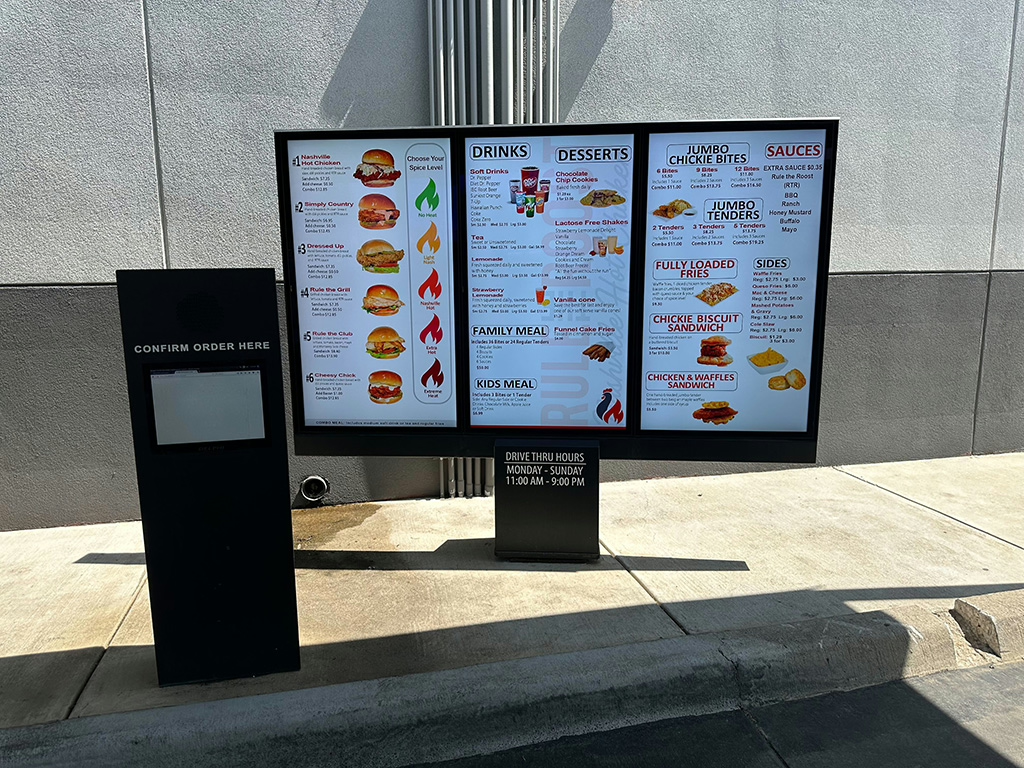Digital menu boards have emerged as pivotal tools in transforming quick-service restaurant operations, primarily due to advancements in digital technology. Observations reveal a trend towards interactive menus that not only present food items, but also provide vital real-time updates, nutritional details, and bespoke ordering experiences. Key to this functionality are inbuilt AI systems that offer tailored suggestions based on customers’ past orders and popular choices, thereby enhancing user engagement.
Another notable benefit these boards offer is dynamic pricing, giving restaurants the flexibility to adjust prices at different times of the day. During peak hours, certain food item prices may slightly rise, while during slower periods, costs may reduce. This pricing strategy optimizes profit potential while allowing restaurants greater control over their revenue streams.
Seamless integration with mobile applications is further revolutionizing the ordering process. As digital menus link up with restaurants’ apps, this interconnection simplifies transactions, reduces awaiting times, and boosts customer satisfaction.
The improved visual appeal, provided by high-resolution images and videos, positively impacts sales by increasing customer impulse purchases. Some eateries have adopted augmented reality for lifelike dish previews, stimulating further engagement. Simultaneously, Artificial Intelligence assists in fine-tuning offerings through insight from customers’ buying patterns, enabling effective upselling of related products.
Notably, the paperless nature of digital menu boards enhances brands’ sustainability ratings, thereby attracting eco-conscious customers. Lastly, displaying nutritional and allergen information readily through rich, dynamic content helps restaurants maintain legal compliance.
In essence, by merging technology with consumer behavior, digital menu boards are enhancing customer experiences, raising operational efficiency, and emphasizing sustainability. Given the increasing consumer demand for digital experiences, the ubiquity of these boards appears inevitable.





